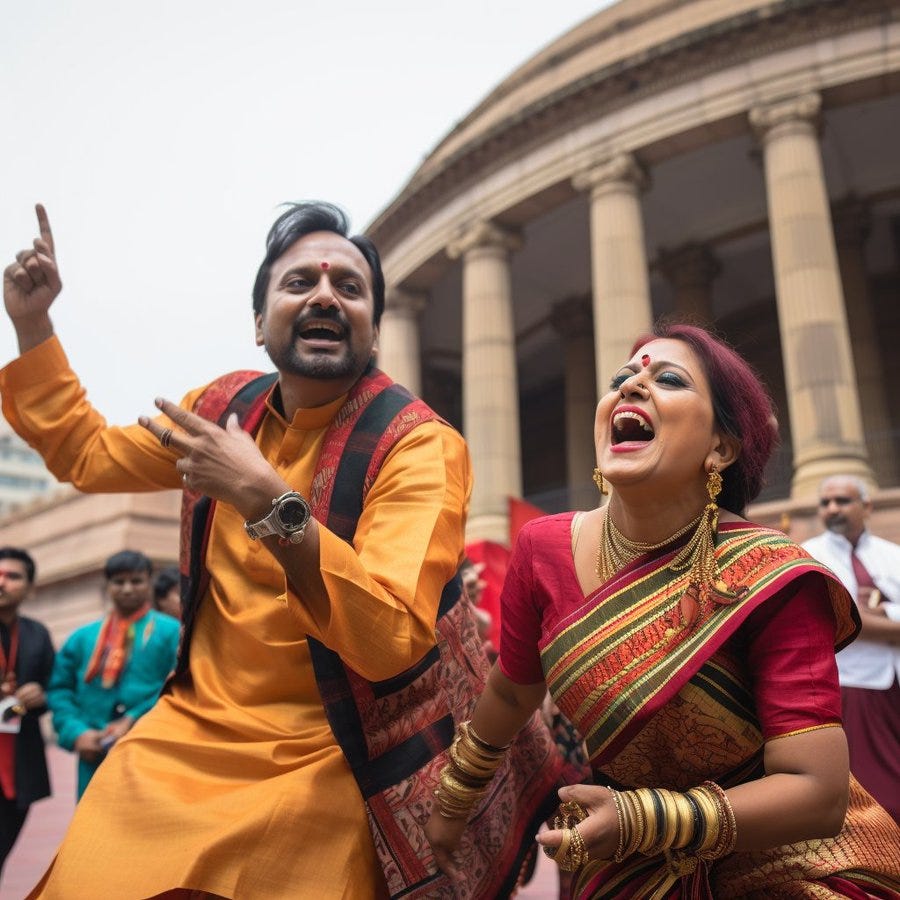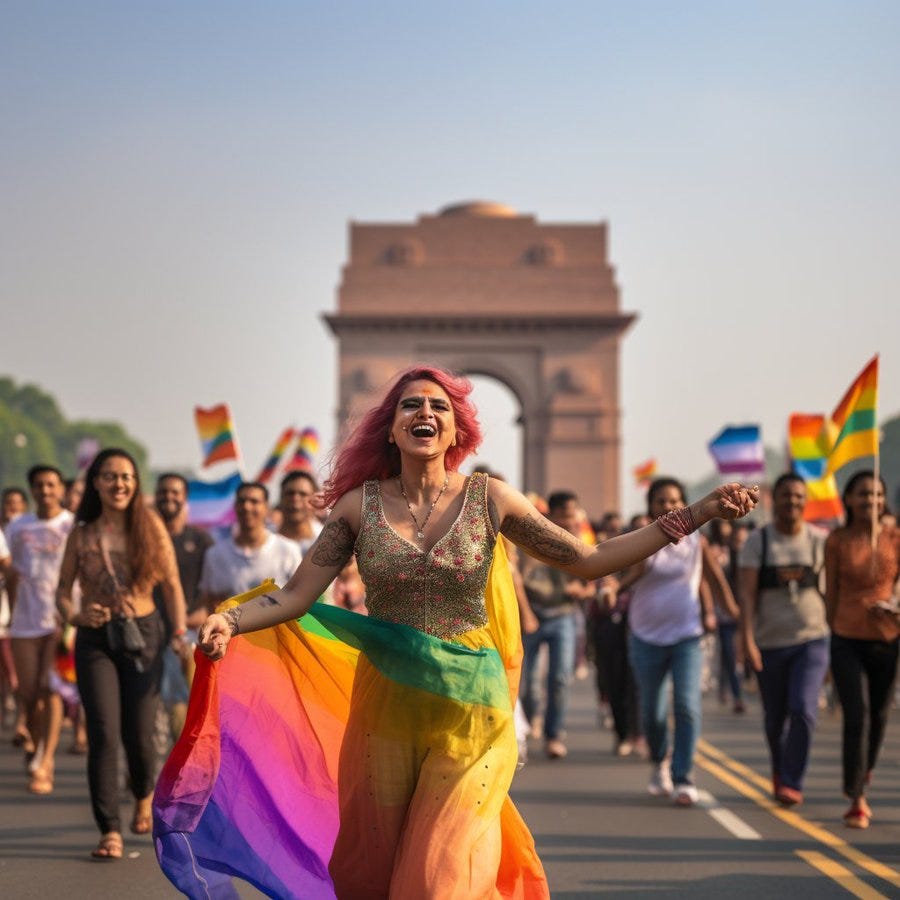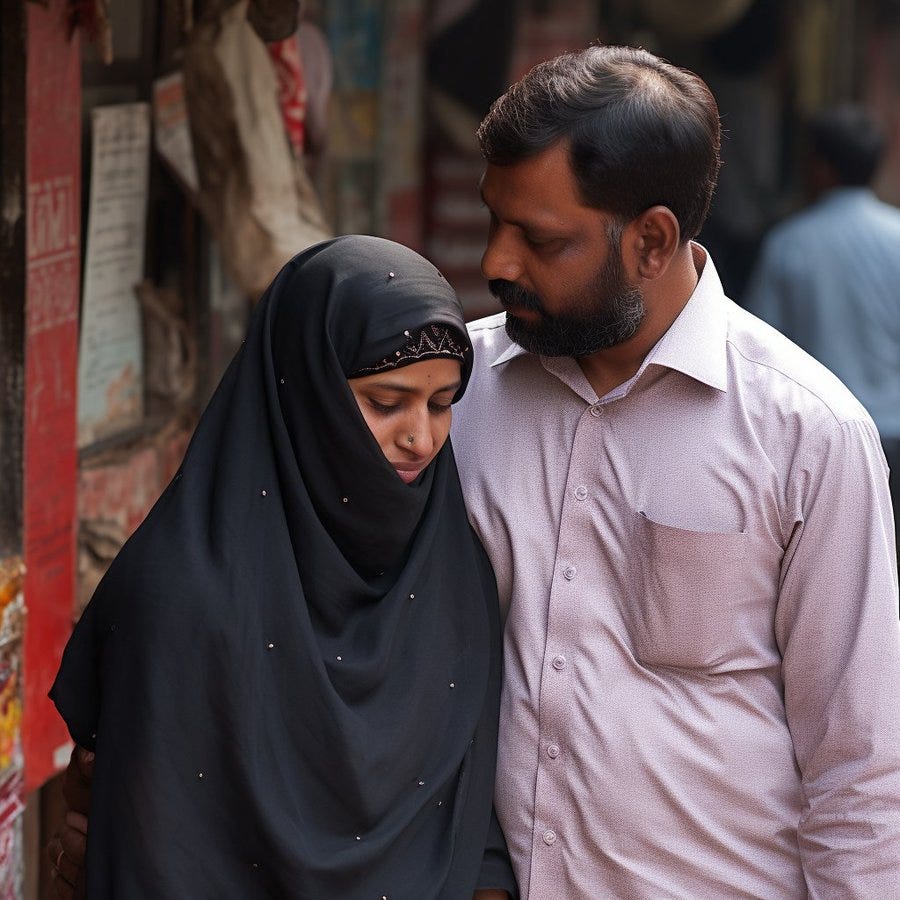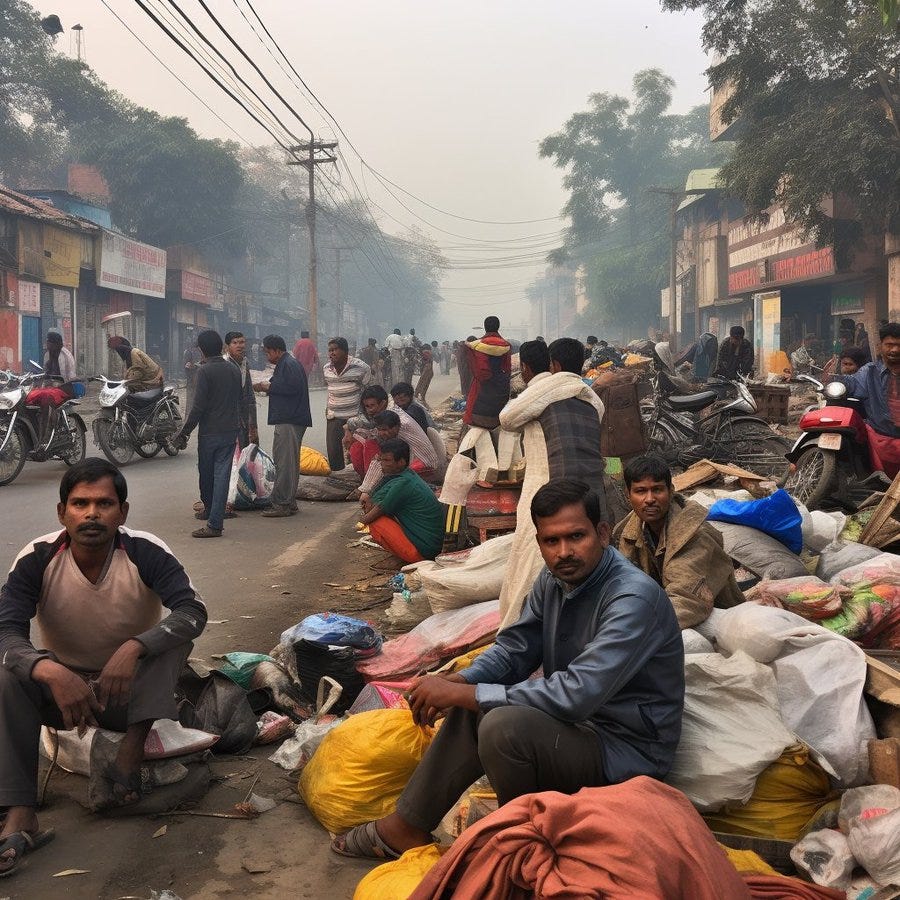#189: 20 SC Cases for Mains GS2
Listed to suit demands of UPSC
20 SC Cases Notes for GS2 Mains to:
• add value to your answers intro
• score higher than usual in #UPSC
Similar to this post,
download FREE PDF for 20 Most important Committees each of GS2 & GS3 Answers
1. T. N. Sheshan vs. Union of India
• Emphasized: autonomy & authority of EC
• Encourage EC to actively engage in promoting voter awareness & MCC
• Promote clear delineation of powers & responsibilities of the Chief Election Commissioner
2. Rameshwar Prasad vs. Union of India
• Contributed to transparency in the anti-defection laws application
• Clarified that the disqualification under the 10th Schedule is subject to judicial review
• Stressed that the Speaker's decision should be based on objective criteria not political
3. A.C. Jose vs. Sivan Pillai
• Emphasized: need to preserve the integrity of electoral process
• Set a precedent in preventing communal & divisive appeals during elections
• Declared that appealing for votes on the basis of religion, race, caste, or community is a corrupt practice
Download this entire blog as a PDF here
4. Shreya Singhal vs. Union of India
• Upheld the fundamental right to freedom of speech & expression
• Declared Section 66A of the Information Technology Act unconstitutional
• Clarified the liability of intermediaries, protecting online freedom of expression
5. Nabam Rebia Vs. Union of India
• Clarified the powers & responsibilities of the Governor in context of discretionary powers & appointment of ministers
• Emphasized the importance of adhering to constitutional principles in matters related to the Governor's role
6. Bachan Singh vs. State of Punjab
• Affirmed the constitutional validity of the death penalty in India
• Introduced the "rarest of rare" doctrine
• Stated that the death penalty should be reserved for the most exceptional cases
7. Union of India vs. Association for Democratic Reforms (2002)
• Upheld the right of voters to be informed about criminal antecedents of candidates
• Advocated for transparency in the electoral process and the right to know the background
• Strengthened the principle of informed voting & social, criminal & financial disclosure of candidates
8. Navtej Singh Johar vs. Union of India
• Affirmed the rights to privacy, dignity, and equality for LGBTQ+ individuals
• Struck down parts of Section 377 of the IPC, decriminalizing consensual adult homosexual relationships
• Recognized the importance of protecting individuals from discrimination based on sexual orientation
9. Vishaka vs. State of Rajasthan
• Laid down guidelines to address sexual harassment in the workplace
• Emphasized the need for employers to provide a safe & harassment-free work environment for women
• Contributed to the development of a legal framework to prevent & redress sexual harassment at workplaces
10. K. S. Puttaswamy vs. Union of India
• Recognized the right to privacy as a fundamental right u/A 21
• Affirmed that the state's intrusion into an individual's private life must be justified & privacy is intrinsic to personal liberty
11. S.P. Gupta vs. Union of India
• Emphasized the independence of the judiciary from executive influence
(CSEWhy note: remember Article 50?)
• Need Transparency & Accountability in the process of appointing judges to the higher judiciary
• Reaffirmed the judiciary's authority to review executive actions & ensure constitutional principles
12. Vineet Narain vs. Union of India
• Dealt with issues related to the investigation into the Hawala scandal
• Emphasized the need for investigating & prosecuting corruption cases, even at higher levels of government
• Laid down guidelines for ensuring the autonomy of investigative agencies like the Central Bureau of Investigation (CBI)
13. T. M. Pai Foundation vs. State of Karnataka
• Addressed the autonomy of minority educational institutions in matters of administration & admissions
• Upheld the rights of linguistic & religious minorities to establish & administer educational institutions
14. Shayara Bano vs. Union of India
• Declared the practice of instant triple talaq unconstitutional and void
• Affirmed the rights of Muslim women & upheld the principles of gender equality
• Highlighted the protection of fundamental rights, including the right to dignity and equality, within personal laws
15. Vijay Madanlal vs Union of India
Note: In news & important
• SC upheld the powers of ED to summon, arrest & raid
• Empowers ED officials to record statements on oath from anyone (admissible in court)
• The verdict held that officers of the ED are not police officers, and investigations were inquiries
16. PUCL vs. Union of India
• Highlighted the issue of custodial violence & the need for safeguards against police excesses
• Emphasized the duty of the state to ensure the protection of human rights, even in custodial settings
17. Olga Tellis Case
• Affirmed the right to life under Article 21 includes the right to livelihood & shelter
• Recognized that the government cannot arbitrarily deprive people of their homes and must follow due process
18. Indian Young Lawyer Association Case (Sabarimala Judgment)
• The judgment, lifted the age-old ban on the entry of women of menstruating age (10-50 years) into the Sabarimala temple
• Stressed that religious practices cannot justify discrimination based on biological factors & upheld the principles of equality & non-discrimination
19. Subhash Kumar v. State of Bihar (1991)
• Emphasized the constitutional importance of a clean environment & ecological balance
• Recognized that the right to life under Article 21 includes the right to a pollution-free environment
• Advocated for the "Polluter Pays" principle, making industries responsible for the environmental damage they cause
20. Mohini Jain vs State of Karnataka
• Govt directed to ensure that education is accessible, available & affordable
• The court held that the Right to education is implicit in the right to life under Article 21
• Influenced subsequent legal developments, including the Right to Education Act (2009)
_____________________________________________





